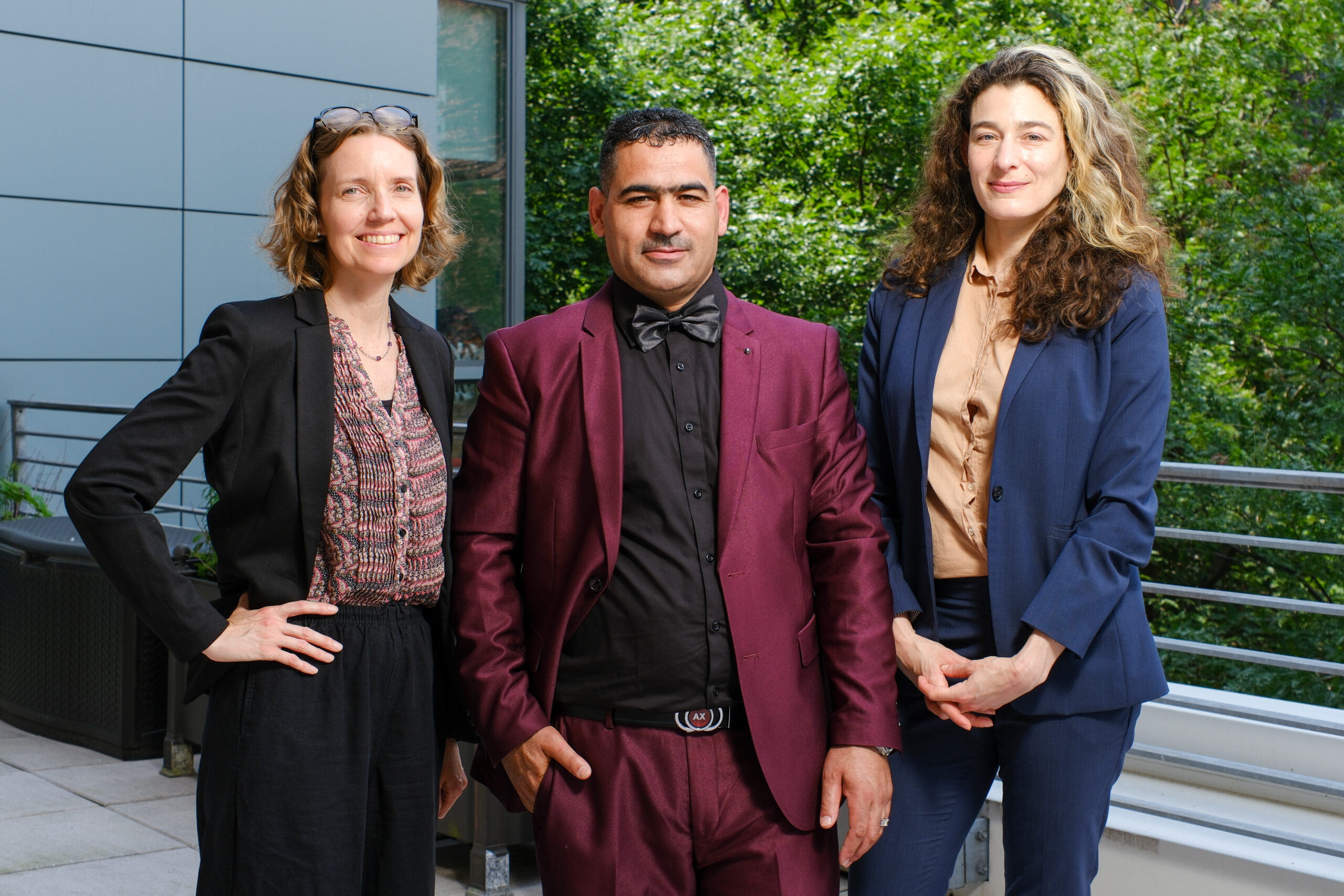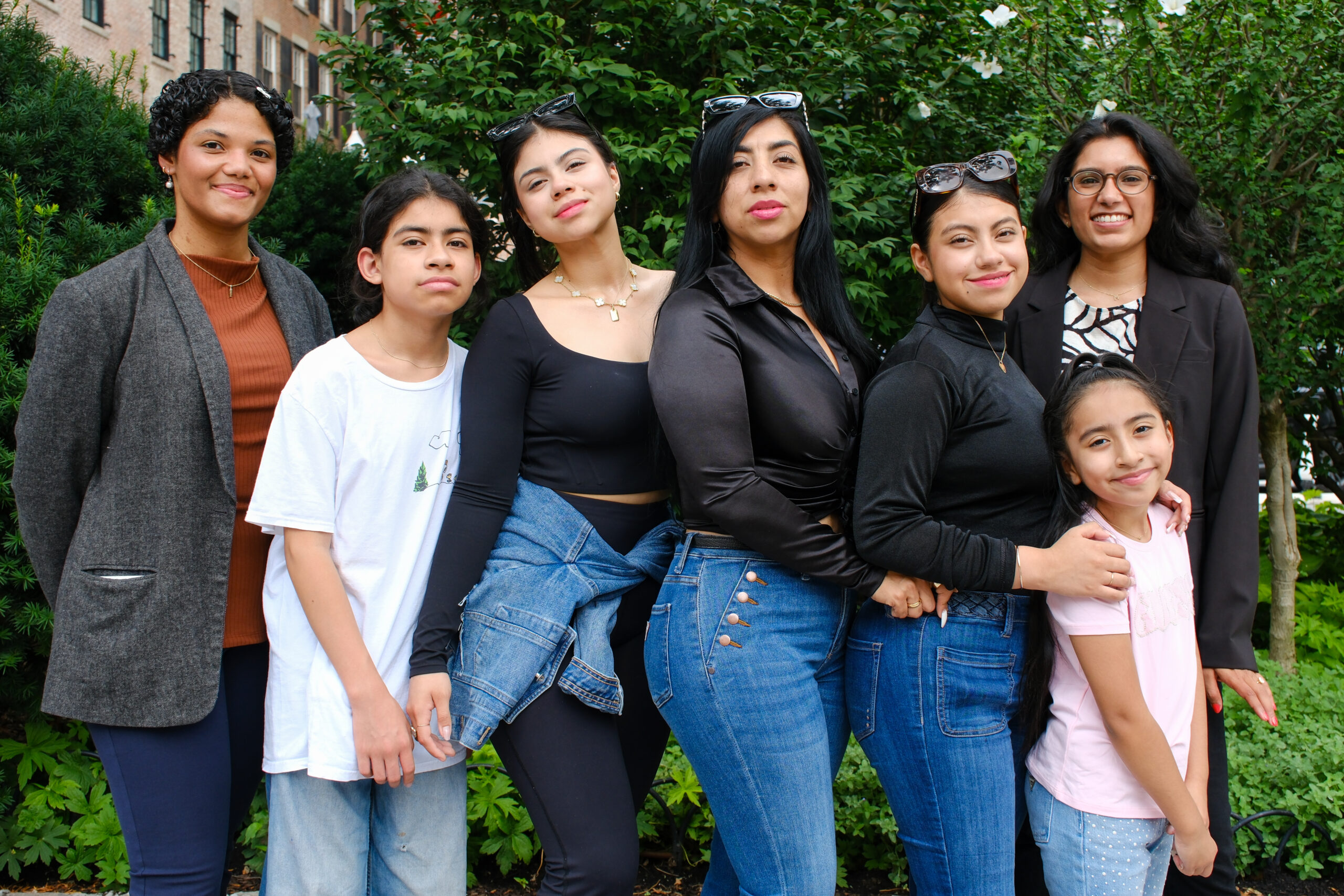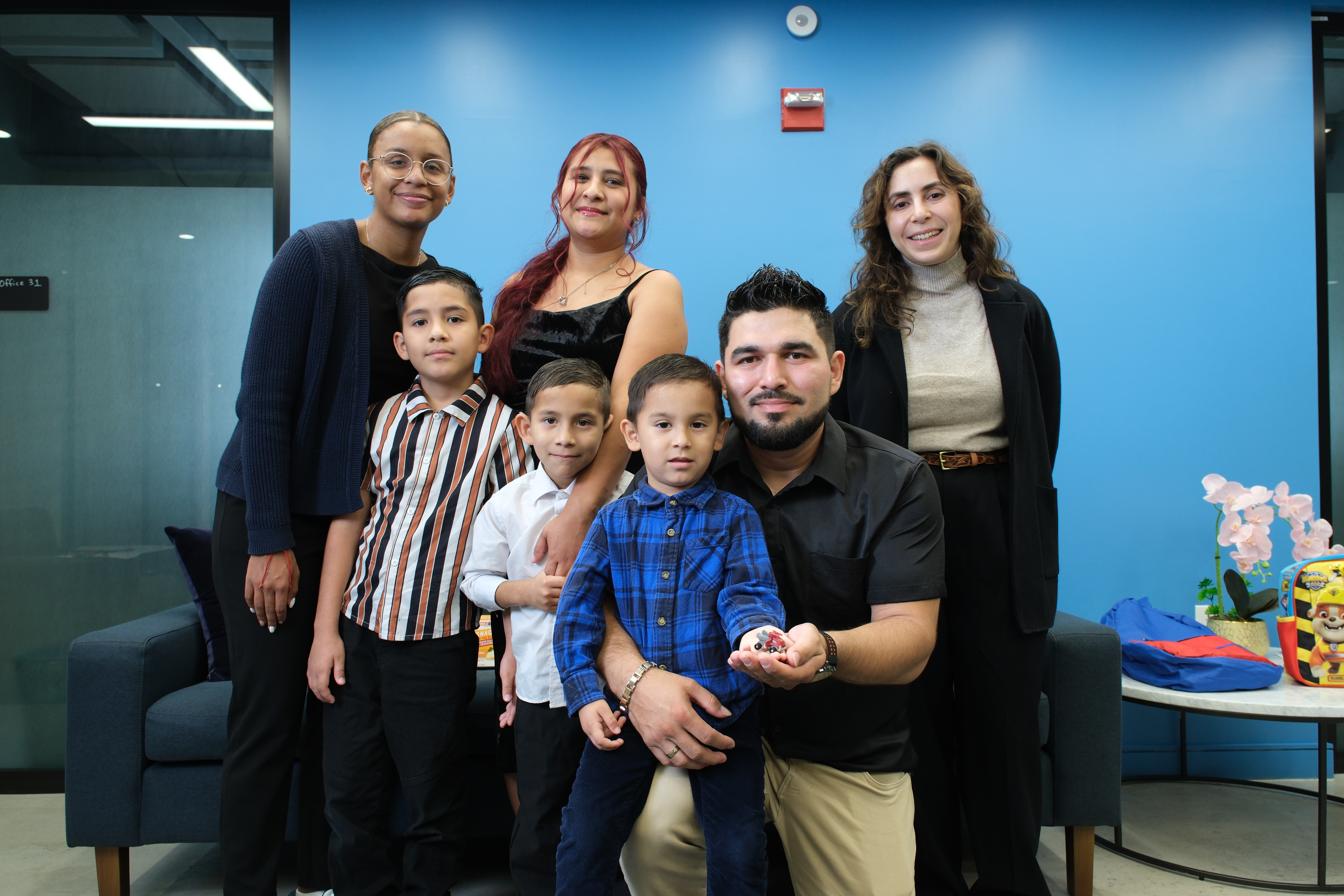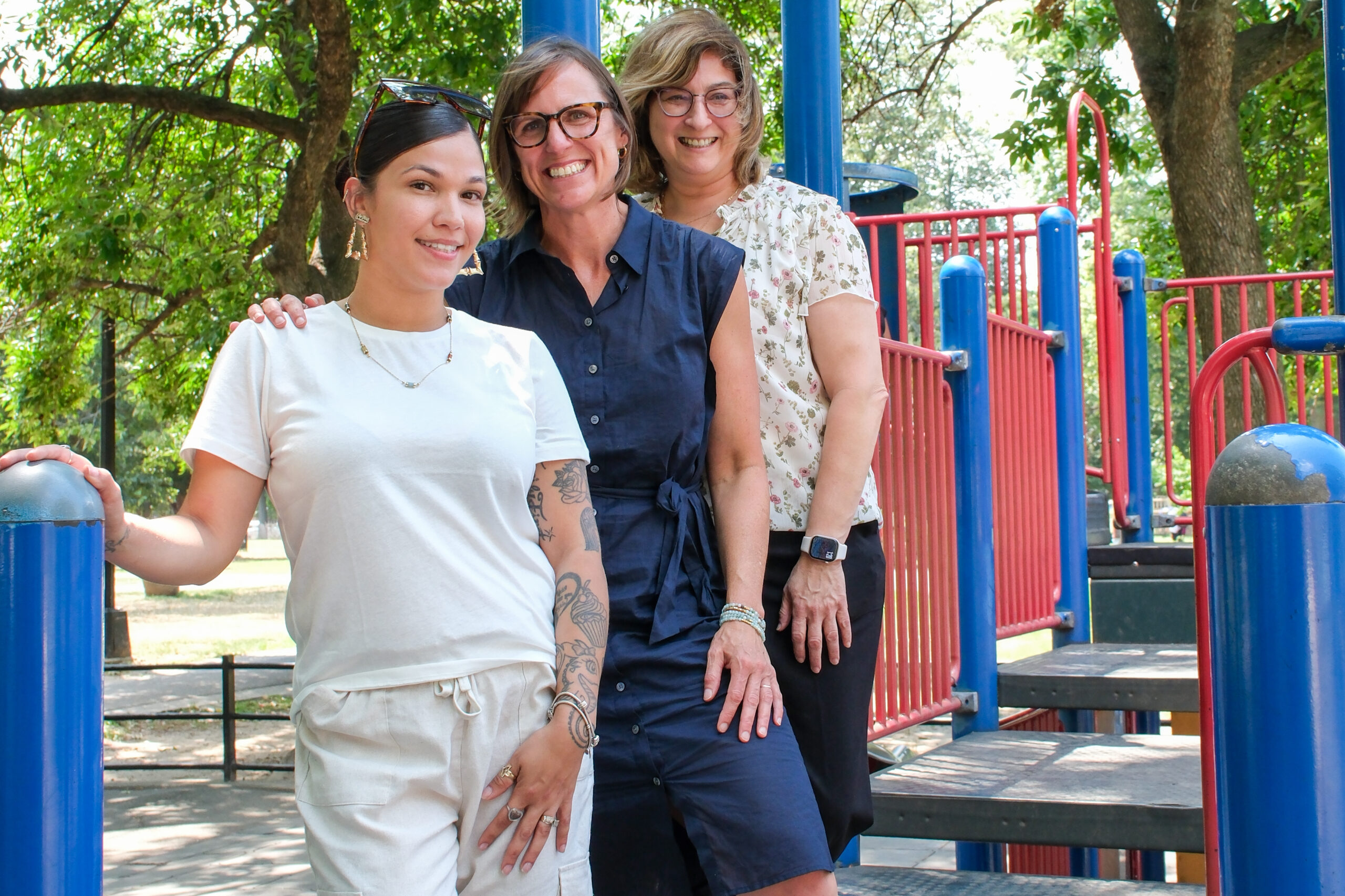Our Mission
The Center for Family Representation exists because the family policing system exists.
In New York City, 60% of children are Black and Latino, and they account for 90% of children in the foster system. Decades of data and the powerful stories of our clients show that even in the face of reforms, Black and Brown families are continually targeted by the “child welfare” system, or what we call the family policing system. The impact of this is devastating, and the unjust scrutiny and threat alone of family separation has lasting consequences.
What these parents need are people who support them and believe in their inherent ability to make the right decisions for their families. Instead, they are ground down by a punitive system and society that criminalizes poverty instead of offering support.
No family deserves to go through the family policing system—especially not alone. Research shows that families experience better outcomes when they’re able to safely stay together and get the support they need.
At CFR, we work in coalition with peers and parent advocates to arrive at community-based solutions and educate the public on the harm the family policing system inflicts. We advocate for policy changes that benefit families. And we continue to fiercely defend our clients just as we have done for the past 25 years.
We do all of this because keeping families together is the right thing to do. As long as Black and Brown parents are put in a position where they must fight for their children, CFR will be there too, fighting by their side.
OUR MISSION
To help families stay together for good by defending the rights of parents and youth in New York City.
OUR VISION
We envision a world in which Black and Brown parents have the freedom to raise their children with self-determination.
In our Vision of the Future...
Alongside our clients and partners, we are working towards a future where instead of experiencing overpolicing and the threat of family separation, families are met with community resources and support so that they can stay together.
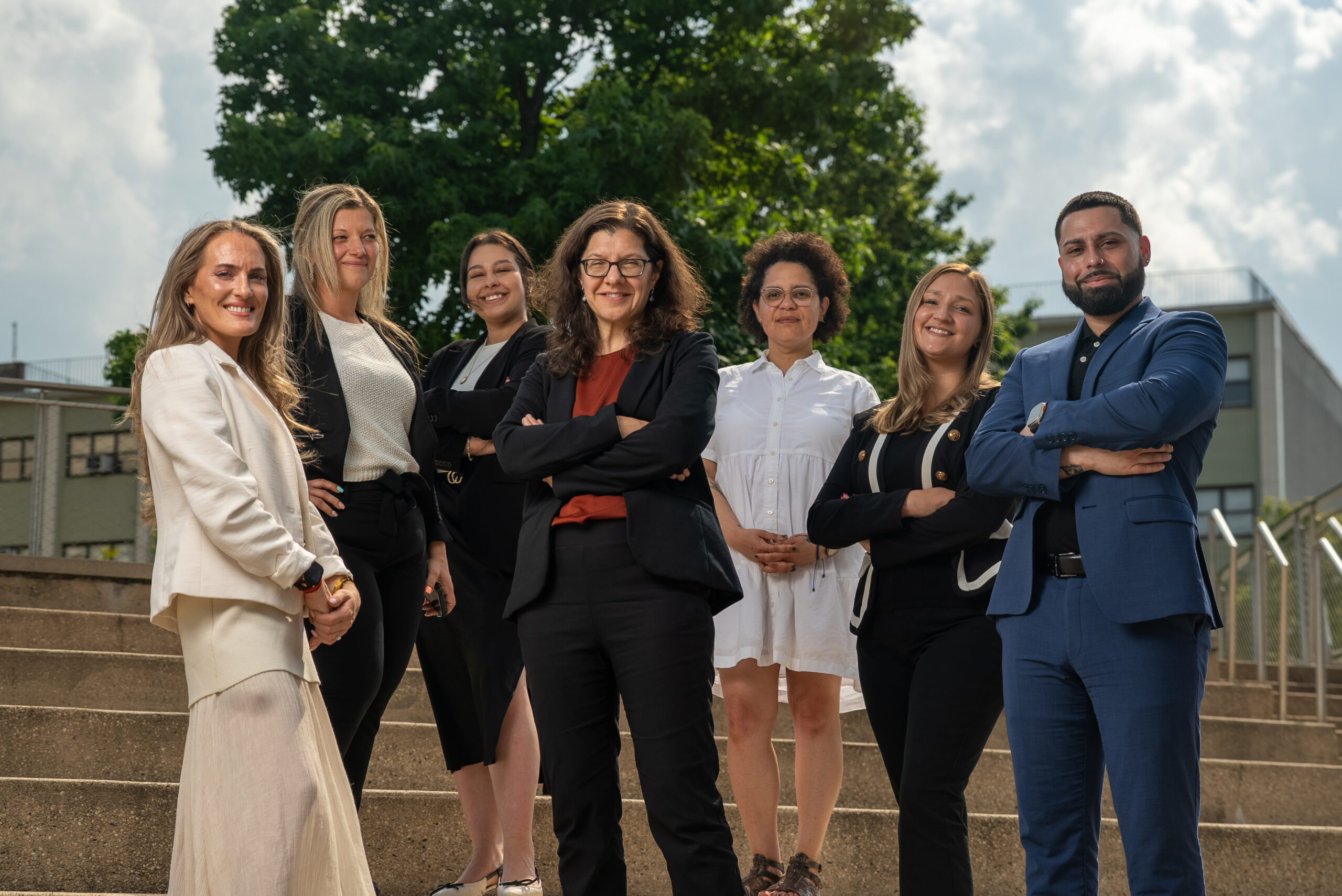
Our History
Since our founding in 2001, CFR’s proven team-based model has set the standard for public defense across the country and helped more than 15,000 families in New York City.
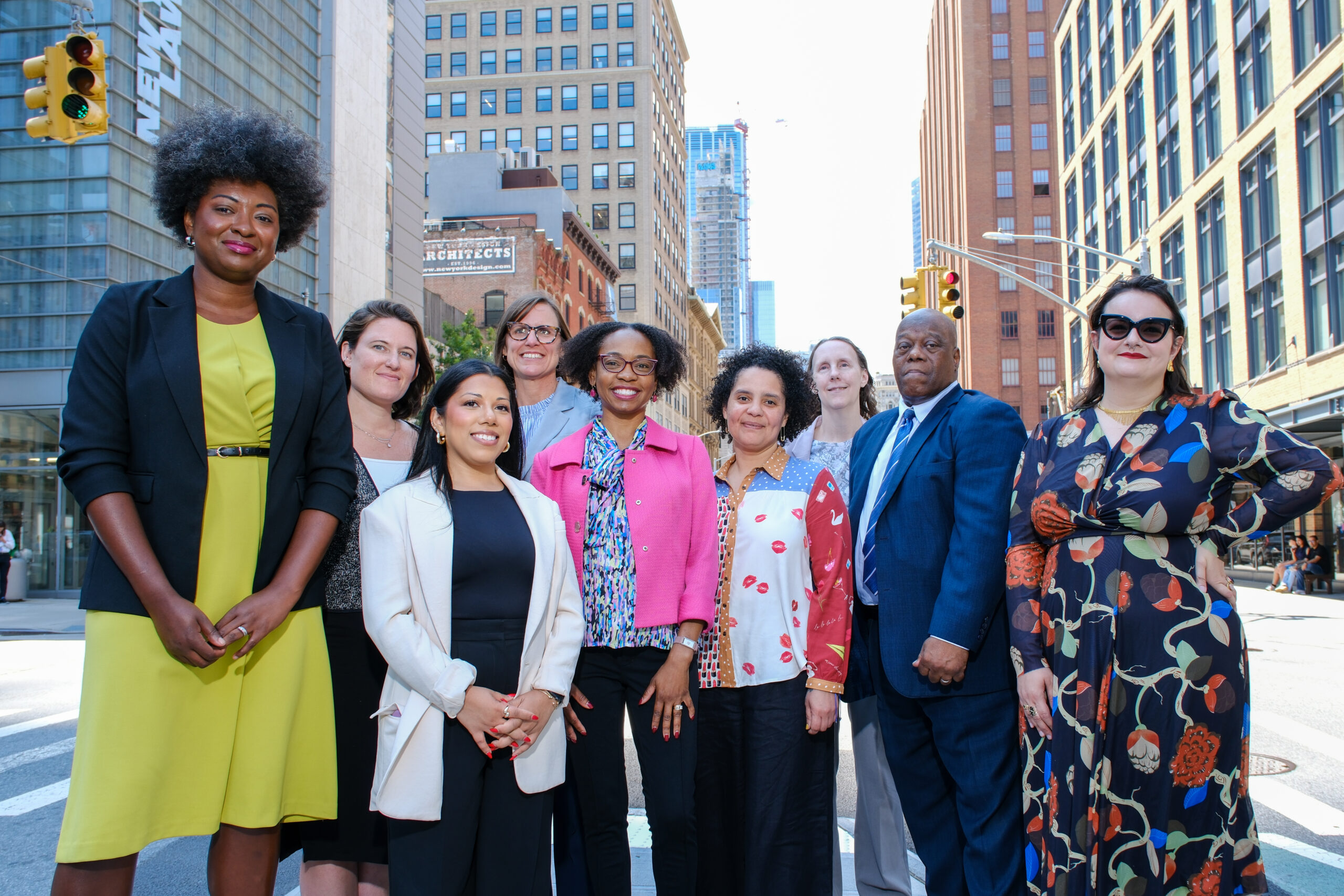
Commited to Diversity, Equity, Inclusion and Belonging
We are dedicated to becoming an anti-racist organization and work internally as a team to advance our DEIB priorities and cultivate a culture that challenges institutional racism.
